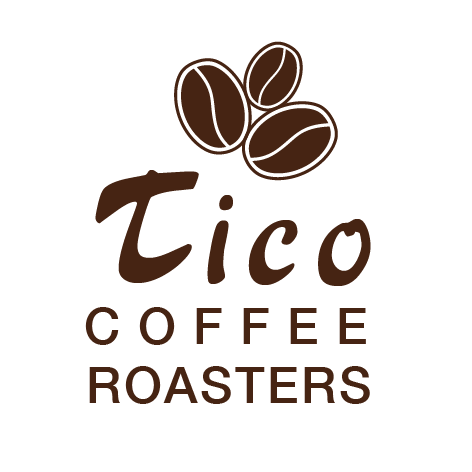Certified Organic
Organic coffee is grown using methods and materials that have a low impact on the environment. Organic production systems replenish and maintain soil fertility, reduce the use of toxic and persistent pesticides and fertilizers, and build biologically diverse agriculture. Third-party certification organizations verify that certified organic farmers use only methods and materials allowed in organic production.
Organic coffee is produced without using most conventional pesticides; fertilizers made with synthetic ingredients or sewage sludge; bioengineering; or ionizing radiation. After coffee is grown and harvested, certified organic handling standards are met throughout the supply chain to ensure that when coffees arrive at Tico Coffee Roasters, the integrity of the organic quality is maintained.
In the US, organic coffee crops are overseen by the United States Department of Agriculture (USDA). USDA agents travel to coffee production sites to certify them as organic according to national standards.
The effects of organic coffee on the environment
Organic agriculture can strengthen the natural environment's resistance to disease. For example, coffee of this standard is generally shade-grown, a quality that promotes forest preservation. Other benefits of this process include the minimization of soil erosion and participation in a healthy ecosystem. Bird populations specifically develop mutually beneficial with coffee fields, enjoying the habitat while keeping insect populations under control and naturally fertilizing the soil.
Organic fertilizers
Organic fertilizers are a huge factor in dictating whether coffee can be certified organic. Organic fertilizers can reduce soil erosion and increase fertility by lowering bulk density. This means that farmers are not only growing healthy coffee, but they are putting vital nutrients back into their soils to help the next crop. The coffee plant has a vital nutrient it produces — coffee pulp. Coffee pulp is the outside of the plant that can be salvaged and returned to the soil as an organic fertilizer. Nitrogen, phosphorus, and potassium are the major nutrients that coffee plants need so by using the coffee pulp, cattle manure, bocachi and compost, and chicken manure and biogreen, farmers are able to supply those essential nutrients to the plant cheaper.
What does “certified organic” mean?
In order for coffee to be certified and sold as organic in the United States, it must be produced in accordance with U.S. standards for organic production and certified by an agency accredited by the U.S. Department of Agriculture. U.S. requirements for organic coffee production include:
- It must have been grown on land without synthetic pesticides or other prohibited substances for three years.
- There must have been a sufficient buffer between the organic coffee and the nearest conventional crop.
- The farmer must have a sustainable crop rotation plan to prevent erosion, the depletion of soil nutrients, and control for pests.
